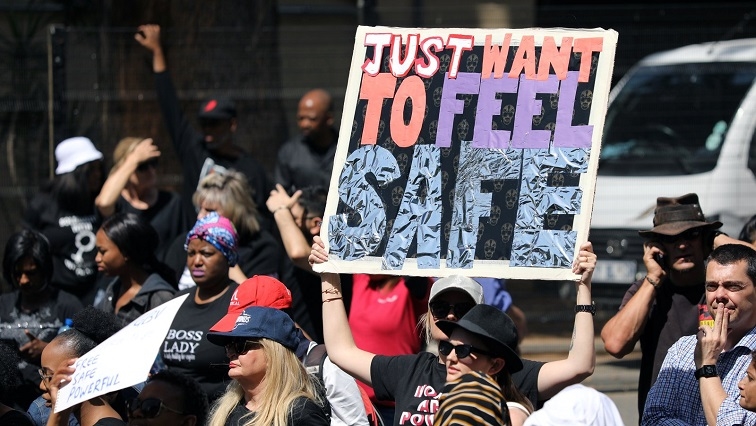The 16 Days of Activism for no violence against women and children campaign is to be launched at the Nasrec Expo Centre, south of Johannesburg, this Friday morning.
The United Nations has endorsed the campaign which takes place annually from November 25 to December 10 to raise awareness of Gender-based Violence (GBV).
South Africa has been running the campaign since 1998. This year’s theme is centred on socio-economic rights and the empowerment of women to fight GBV and femicide.
The year’s launch will take the form of a Women’s Trade Expo, which will bring together women who own businesses.
Related video from 2021: 16 Days of Activism against Gender-based violence and Femicide:
Meanwhile, the KwaZulu-Natal Premier Nomusa Dube-Ncube will visit Umlazi in the south of Durban at the start of the 16 Days of activism of no violence against women and children.
According to the latest quarterly crime statistics, Umlazi is again among the ten police stations countrywide with the highest number of rape and murder cases for the reporting period July to September.
Inanda in the north of the metro, tops the list in these crime categories. Dube-Ncube will visit the Umlazi police station and a care centre at the Prince Mshiyeni Hospital.
The centre cares for survivors of Gender-based Violence.
Also, the National House of Traditional and Khoi-San Leaders has called on people to stop using culture as an excuse to abuse women and children.
House of Traditional Leaders launches 16 Days of Activism for no violence against women, children:
Launching the 16 days of activism for no violence against women and children campaign in Rustenburg, the chairperson of the house Kgosi Thabo Seatlholo says some cultural practices are misused.
He says traditional leaders must raise the alarm against perpetrators of violence.
“As traditional leaders, we remind our people, the whole country, we as the leaders do not allow culture to be misused, portraying it to be abusing women and children. There is no such, it is people who choose to hide behind culture. We must continue to preach at funerals and weddings that women and children must not be abused.”






